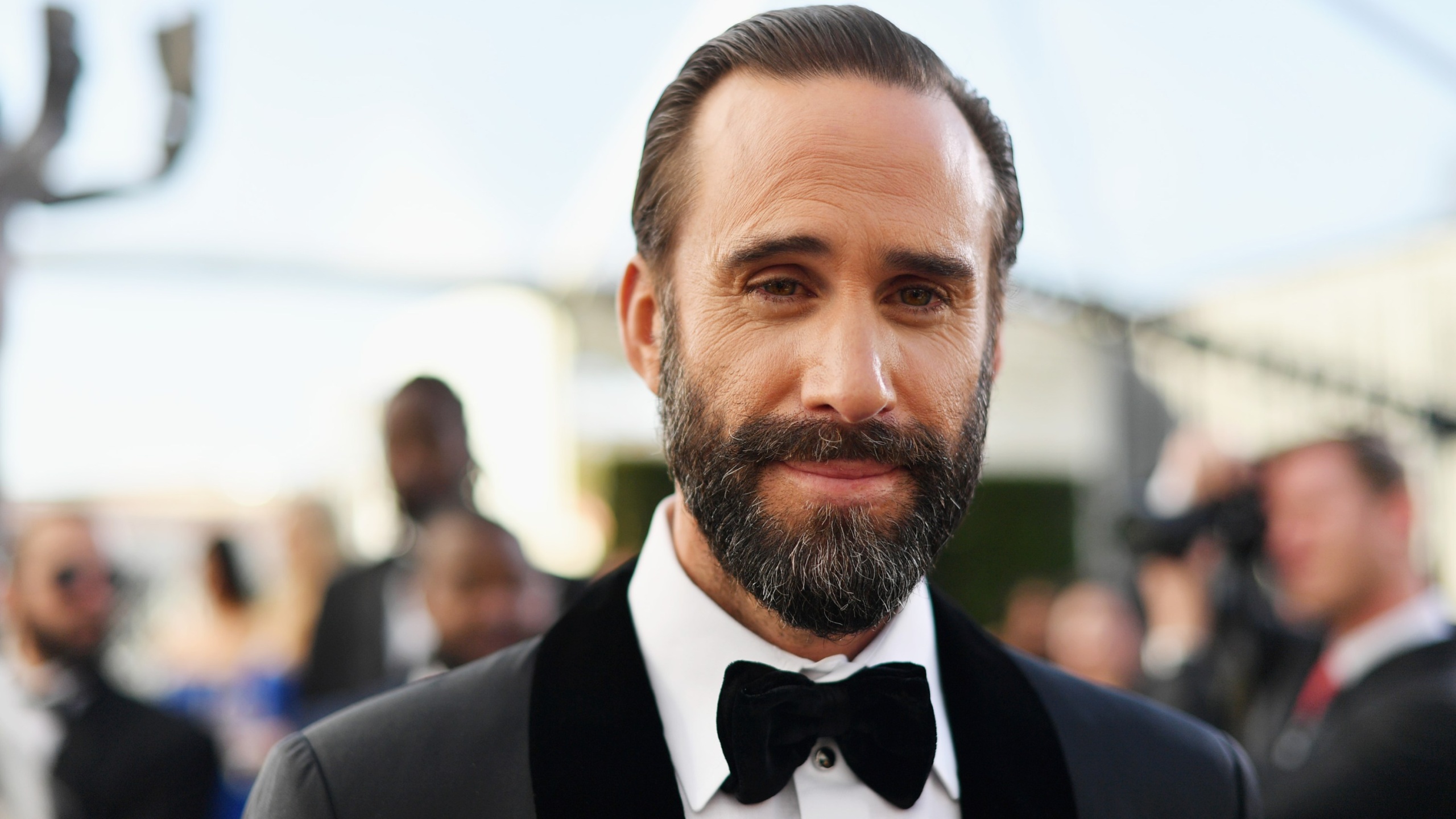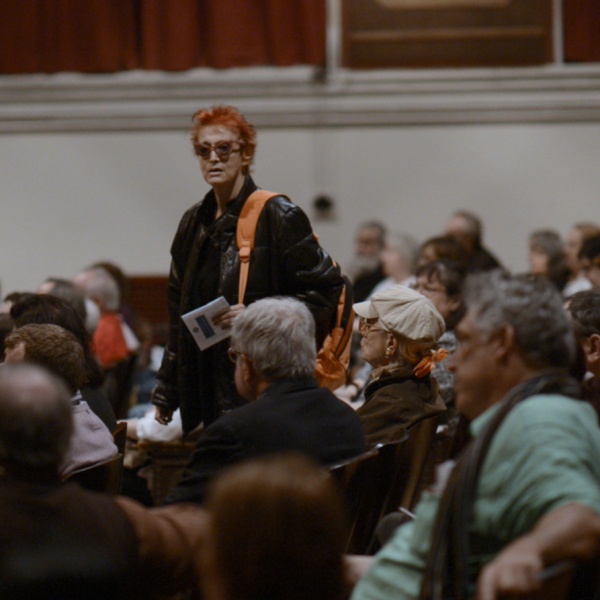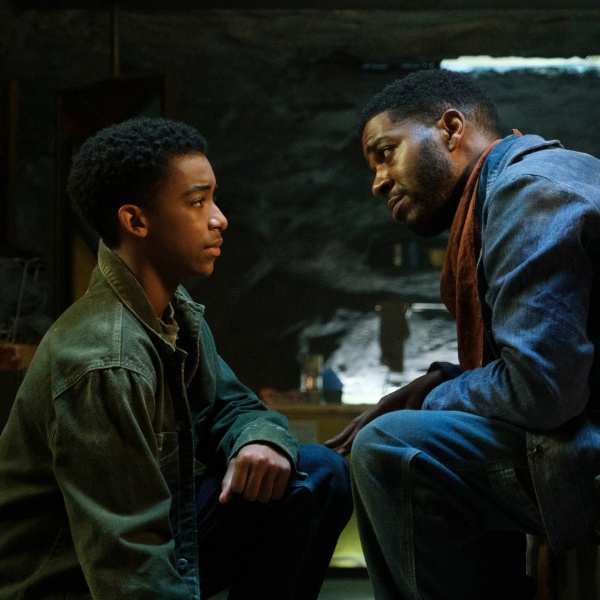Joseph Fiennes quickly fell out of love with Miramax following 1998 Best Picture winner “Shakespeare in Love.”
Fiennes, who allegedly beat out Daniel Day-Lewis to play the titular British playwright, recalled to The Guardian that producer Harvey Weinstein used a shocking “bullying tactic” after the film‘s release and subsequent Oscar wins. Fiennes was offered a five-picture deal with Miramax, which he turned down.
“I have to be careful here,” Fiennes said, before explaining that Weinstein invited him to his hotel room to aggressively detail the proposed contract. According to Fiennes, Weinstein said “shocking” things and confirmed that he would be entirely in charge of Fiennes’ career going forward. If Fiennes refused, he would not work in Hollywood again.
“It was a bullying tactic that didn’t sit well,” Fiennes said, noting he was unaware of the rape and sexual assault allegations against Weinstein at the time; the claims came to light in 2017. “The way he explained it was a shock to me. But I suddenly sat in the room very present, and happy and strong in myself to say, you know what, I’m not beholden to that. I’m stepping away.”
Fiennes added that he does not believe parting ways with Weinstein hurt his career in the end.
“I don’t think it helped me. Hurt? No, maybe not hurt. But he made it clear that he won’t support me,” the actor said. “He’ll make a very strong movement not to support me. I was out of the family. But I was very happy not to be in the family.”
A representative for the incarcerated Weinstein issued a comment to The Independent denying Fiennes’ statement.
“Miramax was not offering multi-picture deals and that is as simple as that,” the representative said. “Harvey considers Joe a great actor but believes he is either remembering incorrectly or trying to use Harvey’s name and current status to get this publicity.”
Kevin Smith, James Gray, and M. Night Shyamalan have all spoken out about the “personal hell” of collaborating with Miramax.





